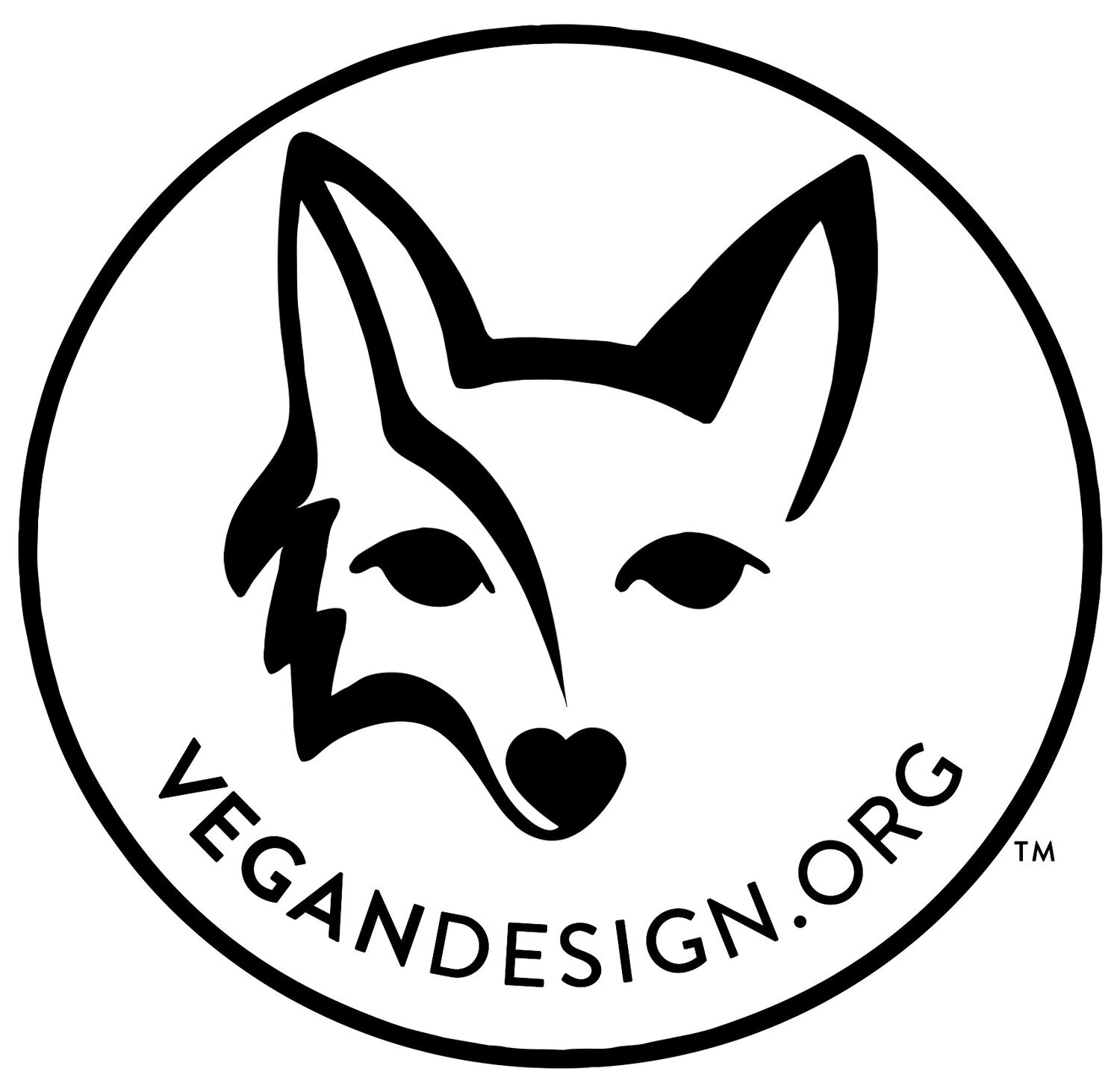Your Sofa Could Be Made From Dogs & Cats
Not only DOGS, but CAT meat is also sold at Yulin's slaughterhouses.
PHOTO: Humane Society International
June 21st, 2017 marked the start of the 9th annual Lychee and Dog Meat Festival, commonly referred to as Yulin Dog Meat Festival, a 10-day celebration held in Yulin, Guangxi, China, during the summer solstice in which festival goers eat dog meat and lychees.
This “festival” began in China over 400 years ago, and heavy marketing began less than a decade ago in 2009 by dog meat traders simply to boost business. According to folklore, eating dog meat during the hottest weeks of the year bring luck and health, heighten men’s sexual stamina, cools body temperature, and ward off diseases.
A heart breaking picture of a lone dog is captured watching other dogs being tortured and waiting for its turn. One employee told PETA that this facility bludgeons and skins 100 to 200 dogs a day.
25 million dogs are sold, bought, even stolen – straight from their loving families – and are transported in cramped conditions without food or water. They are taken to be hung, burned, skinned, boiled, torched, dismembered, electrocuted and beaten alive before an estimated 10,000-15,000 dogs are consumed. If this wasn’t proof of the devilish nature of the festival, there is an additional belief that these animals must intentionally be tortured on the streets on display as is creates fear and stress amongst other on looking animals. The adrenaline running through the blood apparently makes the meat more “tender and better tasting” according to beliefs.
The local government claims not to support the event but has no laws to help fight against it. SIGN the petition below to do your bit – just a click away – to urge them to STOP this atrocious “festival” in 2018!
There is no law banning the killing of dogs and cats in China. PETA Asia went undercover and investigated that “most of the world’s leather comes from China, where there are NO penalties for abusing animals killed for their skins.”
Dogs are grabbed one after the other, held with metal pinchers on their necks, bashed over their heads with poles, made to fall unconscious and writher in pain. While still catching their breath, their skins are ripped from their live bodies – to make leather gloves, belts, jacket collars amongst other accessories, and ironically, toys for pets. PETA found out that products made from dog leather are exported throughout the world to be sold to unsuspecting customers. They issue a gut wrenching warning urging people who buy leather that There is no easy way to tell whose skin you’re really in.
The suffering of dogs during transport and as they await slaughter is extreme
Another gruesome hidden truth occurs in Bali. Animals Australia uncovered that most tourists, when ordering chicken, are in reality eating dog meat. It is legal to eat dog meat in Indonesia and is common for restaurant owners to lie about what kind of meat tourists are consuming. Seven times as many dogs are horrifically killed in the Indonesian dog meat trade compared to the dog festival in China.
As a consumer, the best way to make a direct impact is to not only maintaining a vegan diet, but to stop buying leather altogether. With today's modern technologies, we have access to unlimited luxurious faux leathers that are more durable and less expensive than the real thing.
Becoming ethically aware is one of the fastest growing lifestyle movements in the world. From luxury car manufacturers, such as Tesla and Bentley to fashion designers such as Stella McCartney and Giorgio Armani, implementing vegan options, as a business decision, is not only morally correct, but necessary. Here is why:
There are 180 million ethical consumers and 16 million vegans & vegetarians in the United States alone
56% Americans STOP buying from brands they believe are unethical.
1 in 3 Australians, 55% of Asian-Pacifiers, 49% of Latin Americans, and 53% of Middle East consumers are willing to pay more if a company is socially responsible.



